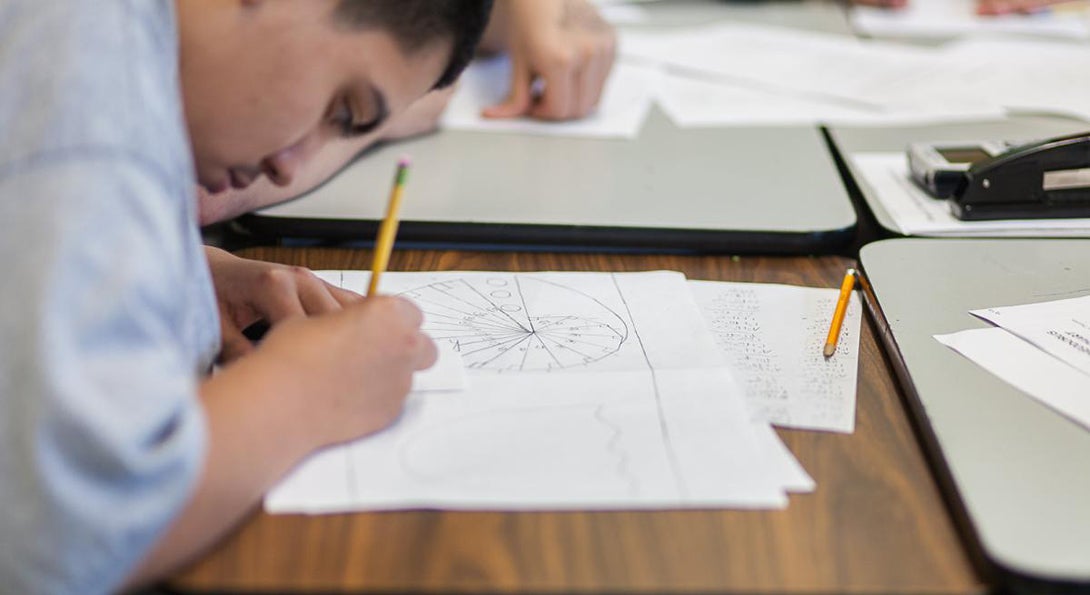Lineup Set for ESL Workshop

At the College of Education, our faculty and researchers think about language development beyond simply language acquisition. Our focus hones in on the cultural and political ramifications of language instruction, for both native and ESL speakers.
Each summer, faculty from the College's MEd Literacies, Language and Learning and PhD Literacy, Language and Culture programs host a two-day workshop featuring renowned thinkers in the field of language acquisition and English as a second language teaching to discuss the most critical issues affecting urban multicultural learners. Here's a snapshot of this year's workshop, to be held June 24-25:
Using Culturally Relevant Literature for English Learners
Lucila D. Ek, PhD, associate professor of bicultural-bilingual studies at the University of Texas-San Antonio, focuses on how teachers of Latino/a English Learners (EL’s) can use culturally relevant literature to tap into and connect with their students’ culture and language. The topics covered include: how to identify and select culturally authentic literature, how to use bilingual texts as part of effective reading and writing practices, and how to use culturally relevant literature to address sociopolitical issues.
Listening to our students: Examining the minute-to-minute classroom contributions of Black and Latina/o Youth for Academic Tasks
Danny Martinez, PhD, assistant professor of adolescent literacy at the University of California, Davis, discusses the complex practice of corrective feedback and consider what this means for all youth in our classrooms. In this interactive workshop, participants will 1) get a brief explanation of language and literacy research on non-dominant youth in and out of schools, 2) view clips of ELA classroom interactions as a springboard for discussion, and 3) work with each other to consider powerful ways to leverage the linguistic resources of Black and Latina/o youth.
Culturally Responsive Pedagogy 2.0: Leveraging Multiliteracies of Urban Youth for Academic Language Development
Clifford H. Lee, PhD, assistant professor of education at St. Mary's College of California, draws from his work as a high school teacher in Oakland and educational researcher in Los Angeles to demonstrate the power and possibilities of leveraging multiliteracies of urban youth to teach academic literacies. Working with many English Language Learners, he observed how a multimodal, immigration digital storytelling project supported the development of speaking and listening skills, metalinguistic awareness, research skills, and genre writing.
Rage, Love, and Language: Unveiling Opportunities for Hope in Critical Approaches to Teaching Bilingual and Multilingual Students
Ramon Antonio Martinez, PhD, assistant professor of language and literacy studies at the University of Texas at Austin, builds on the work of Paulo Freire to argue for a humanizing approach to language and literacy pedagogy for bilingual and multilingual students—one that directly confronts and problematizes issues of linguistic supremacy and linguistic subordination in today’s schools. Drawing on his ethnographic research on language and ideology in public schools, Dr. Martínez illustrates how bilingual and multilingual students both internalize and challenge dominant language ideologies that frame their everyday language practices in pejorative terms.